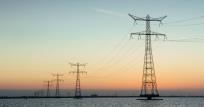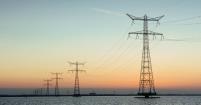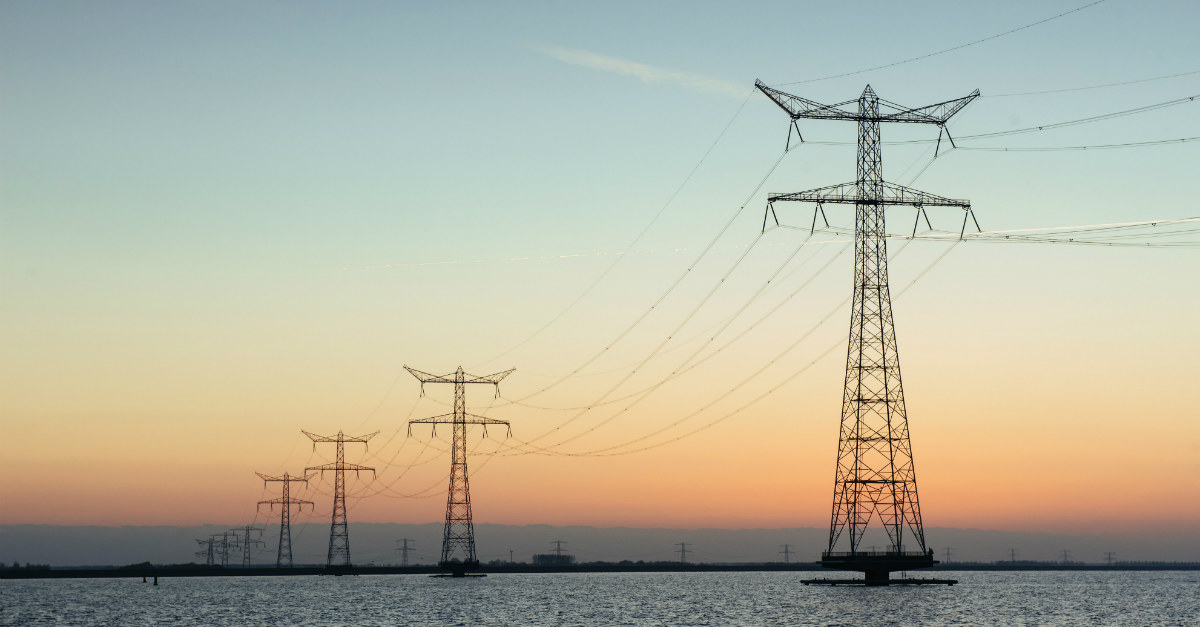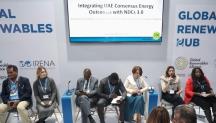

New Global Commission to Examine Geopolitics of Energy Transformation
Newsletter
IRENA Commission to analyse how energy transformation driven by renewables will impact foreign policies and geopolitics

Abu Dhabi, United Arab Emirates, 14 January 2017 – The International Renewable Energy Agency (IRENA), has today launched the Global Commission on the Geopolitics of Energy Transformation, with the support of the governments of Germany, Norway and the United Arab Emirates. The Commission will examine the immediate and longer-term geopolitical implications of global energy transformation driven by large scale-up of renewable energy in the context of global efforts to tackle climate change and advance sustainable development. The Commission will be chaired by Mr. Olafur Grimsson, the former President of Iceland.
“The global energy landscape is witnessing rapid and disruptive change that will have far reaching effects on geopolitical dynamics,” said Adnan Z. Amin, IRENA Director-General. “Renewable energy resources are abundant, sustainable and have the power to significantly improve energy access, security and independence.
“At the same time, the large-scale deployment of variable sources of renewable energy such as solar PV and wind, is fostering greater cross-border energy trade and cooperation between nations,” continued Mr. Amin. “Understanding these changing dynamics in a way that informs policy makers, will be the primary goal of the commission.”
“I am delighted to chair the Global Commission on the Geopolitics of Energy Transformation, and congratulate IRENA on this timely initiative,” said Mr. Olafur Grimsson, former President of Iceland. “The geopolitical implications of energy transformation is becoming one of the most debated issues in the global energy agenda. The Commission can make an important contribution to these global discussions, on the basis of solid evidence and analysis as well as a diverse range of perspectives,” added Mr. Grimsson.
While most geopolitical analyses of energy related issues have focused on conventional fuels such as oil and gas, the Commission will review the implications of the ongoing global energy transformation underpinned by the surge in renewables and report on how it would impact the geopolitics of energy based on rigorous and credible evidence.
The Commission will be composed by twelve leaders and experts on international energy and global security issues, with particular emphasis given to ensuring diverse geographical and expert background representation. The Commission will present its report at the 9th Session of the IRENA Assembly in January 2019.




